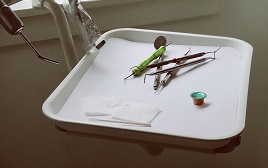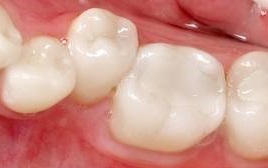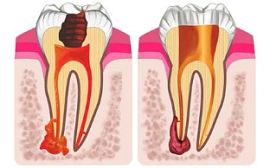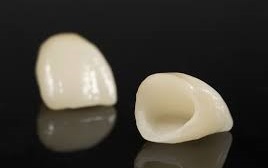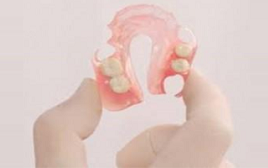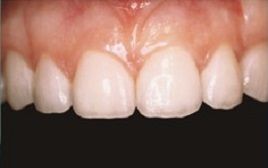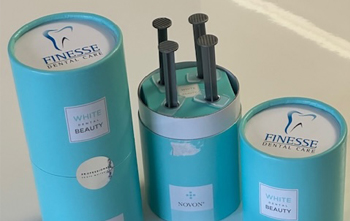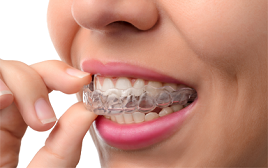Hygiene Therapy
We provide routine and very important part of dental treatment – hygiene therapy.
The two important dental hygiene issues are plaque and tartar control. Plaque is a sticky coating that forms constantly on teeth and increased build up is regarded as a primary factor in development of gum disease. When plaque accumulates and is not removed from teeth, it can harden and turn into tartar.
Tartar buildup bonds strongly to enamel and it can only be removed by a dental professional. Carefully removing the hard deposits of tartar (or ‘calculus’) that build up on the teeth and teaching you how to prevent them coming back, will go a long way towards slowing the progress of gum disease.
Your teeth and gums will be assessed to determine the number of visits that will be required for thorough plaque and calculus removal and risk factors will be highlighted. We will work with you to give you care that is tailored to your needs.
Your teeth will be professionally cleaned with special equipment called scalers and then polished with prophy paste. This process is also known as scaling and polishing.
Our hygienist will show you how to look after your teeth so that they remain free from plaque in the future. You will be advised on the best tooth brushing technique and given tips on flossing and using interdental brushes.
We recommend that your teeth are cleaned professionally every six months, or more frequently as deemed necessary. If you have very good gum and teeth health then yearly hygiene treatment is adequate.
We have ultrasonic and airscaling system in the practice to ensure thorough and effective plaque and tartar removal.
We have Airflow Polishing as an add on hygiene treatment that effectively removes stains on the front and back of teeth. The procedure works by using a fine jet of compressed air, water and fine powder particles to remove staining caused by coffee, tea, red wine, tobacco and some mouthwashes.
In recent years gum disease has been linked with general health conditions such as diabetes, strokes, cardiovascular disease, poor pregnancy outcomes and even dementia.
There is increasing evidence that having a healthy mouth and gums can help improve your general health and reduce the costs of medical treatment.




